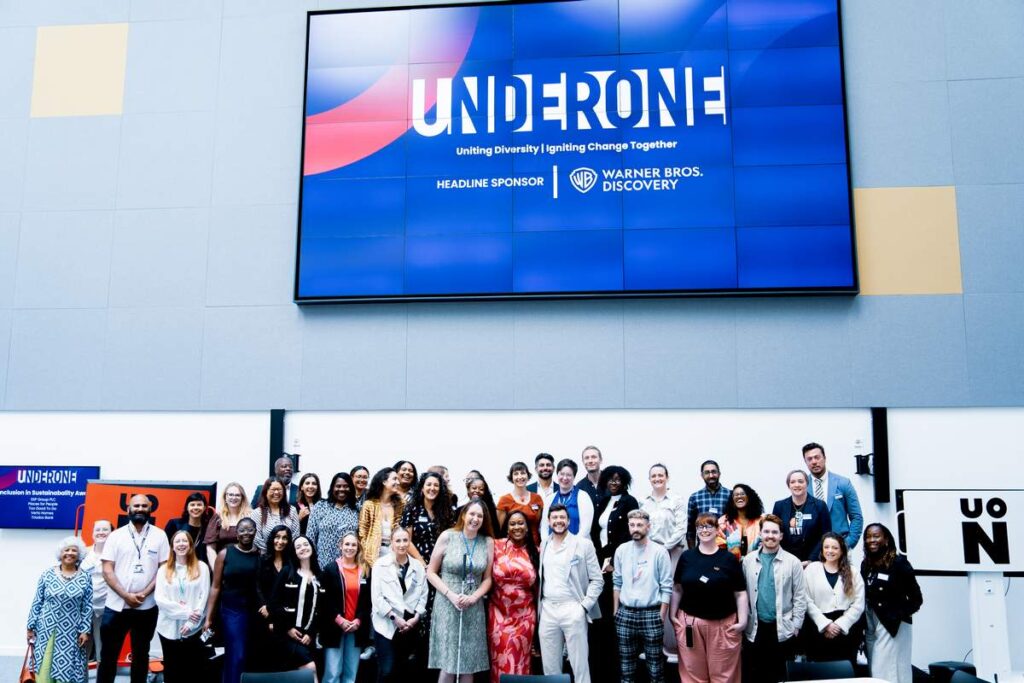By Michael Adu, London Stress Centre
In the realm of stress management coaching, every client encounter unfolds like a unique journey through the intricacies of human experience. Over the years, I’ve had the privilege of walking alongside individuals from diverse backgrounds, each grappling with their own stressors and striving to find equilibrium amidst life’s chaos. Through these interactions, I’ve gleaned invaluable insights—some surprising, some profound—that have reshaped my understanding of stress and its management.
Here are some of the most unexpected lessons I’ve learned along the way:
1. Stress is not inherently negative:
Contrary to popular belief, stress is not always the villain in the narrative of well-being. In fact, a healthy amount of stress can serve as a catalyst for growth, adaptation and resilience. Through working with clients, I’ve come to appreciate the nuanced interplay between positive stress and negative stress. Embracing this distinction allows us to re-frame stress as a potential source of motivation and resilience, rather than a relentless adversary.
2. Vulnerability is a gateway to resilience:
In our society, vulnerability is often equated with weakness. However, my clients have taught me that vulnerability is, in fact, the cornerstone of authentic connection and inner strength. By courageously confronting their vulnerabilities, individuals cultivate resilience and foster deeper connections with themselves and others. As a coach, I have the privilege of creating safe spaces where vulnerability is not only accepted but celebrated as a catalyst for transformation.
3. Self-compassion is non-negotiable:
In our fast-paced world, self-compassion is often overlooked amidst the relentless pursuit of productivity and perfection. Yet, my work with clients has underscored the profound impact of self-compassion on stress management. Cultivating a kind and nurturing relationship with oneself lays the foundation for resilience in the face of adversity. As advocates for well-being, it’s imperative that we emphasise the importance of self-compassion as a fundamental practice in stress management.
4. Community is a lifeline:
Amidst the tumult of modern life, the importance of community cannot be overstated. My clients have taught me that seeking support and connection from select loved ones is not a sign of weakness, but a testament to our shared humanity. Building a supportive community fosters resilience, provides a sense of belonging, and sometimes a source of solace in times of stress. As advocates for holistic well-being, we must champion the importance of nurturing supportive communities that uplift and empower individuals on their journey toward stress management.
In conclusion, my work as a stress management coach has been a journey of profound discovery and growth, guided by the wisdom and resilience of my clients. Through their stories, I’ve gained a deeper understanding of the multifaceted nature of stress and the myriad pathways to its management. As we continue our collective pursuit of diversity, equality, and inclusion, let us remember that stress management is not merely about alleviating symptoms, but about cultivating a culture of compassion, resilience, and empowerment.
Get your tickets to UnderOne Festival 2024 Here!
Listen to Michael Adu’s podcast.


